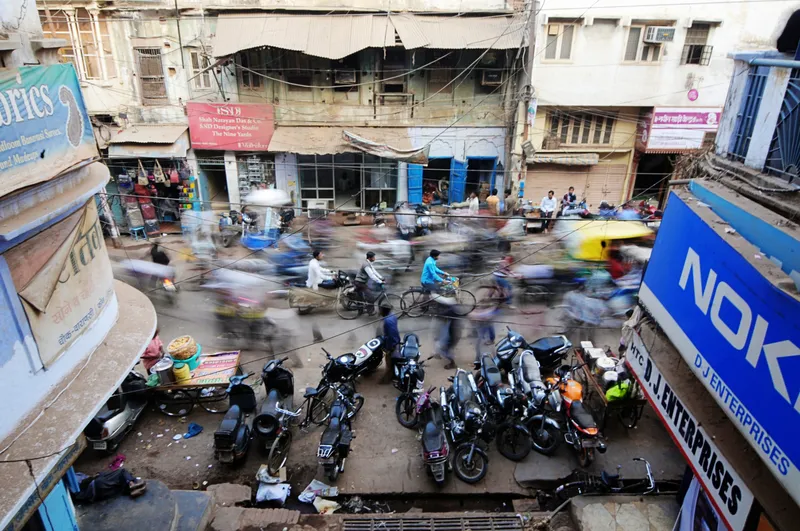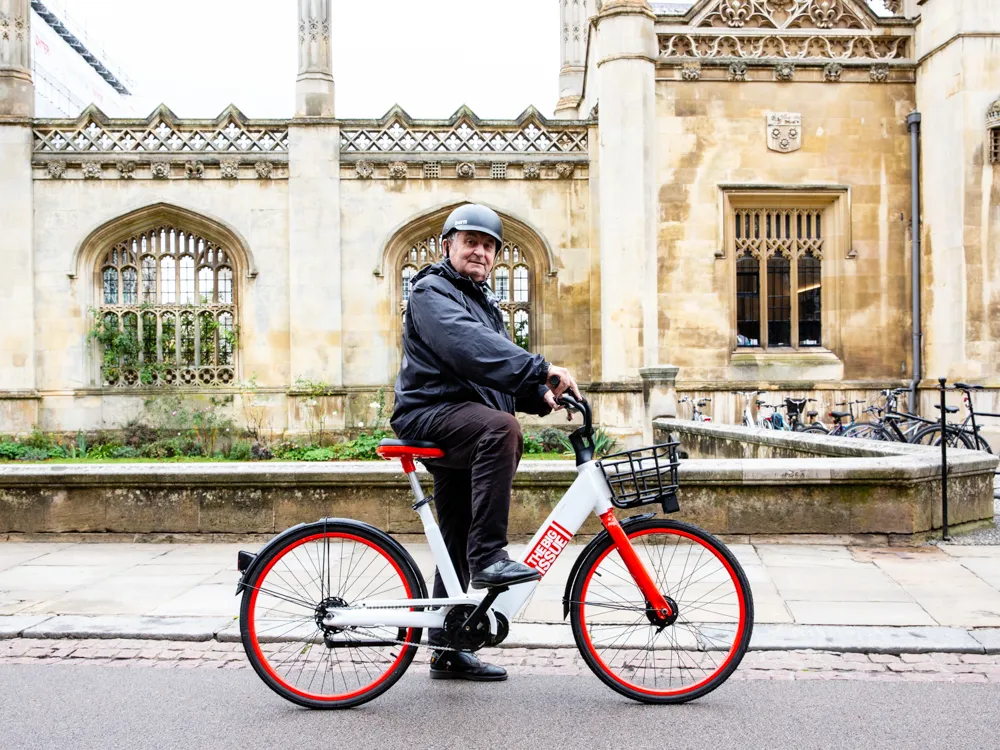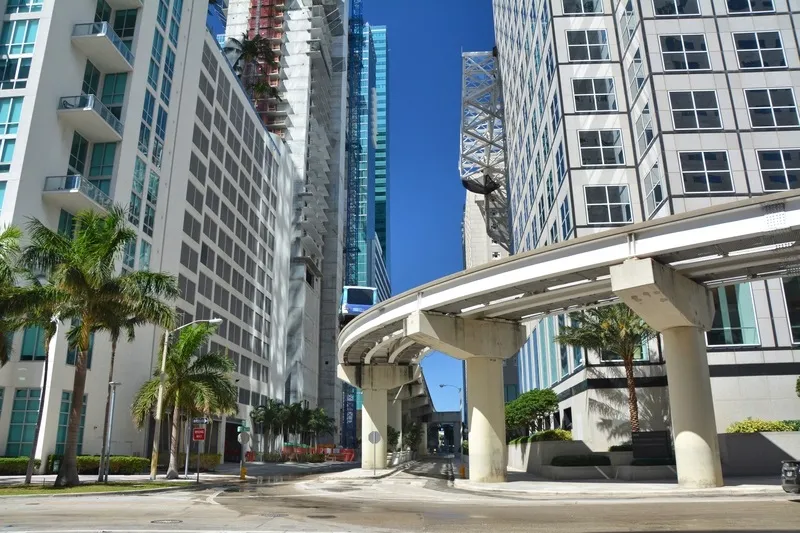
Three iconic global cities - in India, the US and Italy - have been chosen as hosts for Toyota Mobility Foundation's $9m Sustainable Cities Challenge.
Varanasi, on the banks of the River Ganges in Uttar Pradesh, is a busy destination for religious pilgrimage and has been called the country's 'spiritual capital'. It joins Detroit - the former 'Motor City' in Michigan, US - plus one of the world's great tourist sites, the Italian city of Venice, in an initiative designed "to help cities accelerate toward sustainable mobility, fostering healthier and safer urban environments while enhancing people's ability to commute, work, study, and access services".
Toyota Mobility Foundation will work with World Resources Institute and Challenge Works along with local organisations in the three cities to idenfity barriers to urban mobility and use data to create solutions.
International companies are invited to access a fund of $3m per city to demonstrate their concepts which the cities can use to improve transportation. The idea is that these can then be turned into actionable solutions.
The Varanasi City Challenge "aims to generate innovative, data-driven solutions incorporating elements of technology and design that make crowded areas of Varanasi's old city (Kashi) safer and more accessible for religious tourists and local residents alike including vulnerable members of the population".
In Detroit, the Challenge is focused on Eastern Market food production and distribution centre, reducing fossil fuel use and cutting costs of freight operations "by increasing efficiencies and unlocking opportunities for clean freight technologies".
Meanwhile, Venice's issues are around the majority of the population, which lives and works in mainland suburbs such as Mestre and Maghera, and the city is looking for "innovative solutions that shift behaviour, encouraging an increased use and adoption of existing sustainable transport modes".
Ryan Klem, director of programs at the Toyota Mobility Foundation, said: "Our hope is that the Sustainable Cities Challenge will provide the great cities of Detroit, Varanasi and Venice with new ideas that can potentially be scaled and replicated around the world, amplifying the impact to transform people’s lives.”
Ben Welle, director of integrated transport and innovation at WRI Ross Center for Sustainable Cities, said: “Detroit, Varanasi and Venice all have distinct mobility barriers, but they also share the same circumstances and concerns with many other cities around the world."
The cities were chosen from a shortlist (below) of 10 cities announced in November 2023, which was whittled down from more than 150 entrants:
• Bengaluru, India
• Detroit, US
• Fortaleza, Brazil
• Medellín, Colombia
• Mexico City, Mexico
• New Orleans, US
• Seberang Perai, Malaysia
• Varanasi, India
• Venice, Italy
• York, UK









